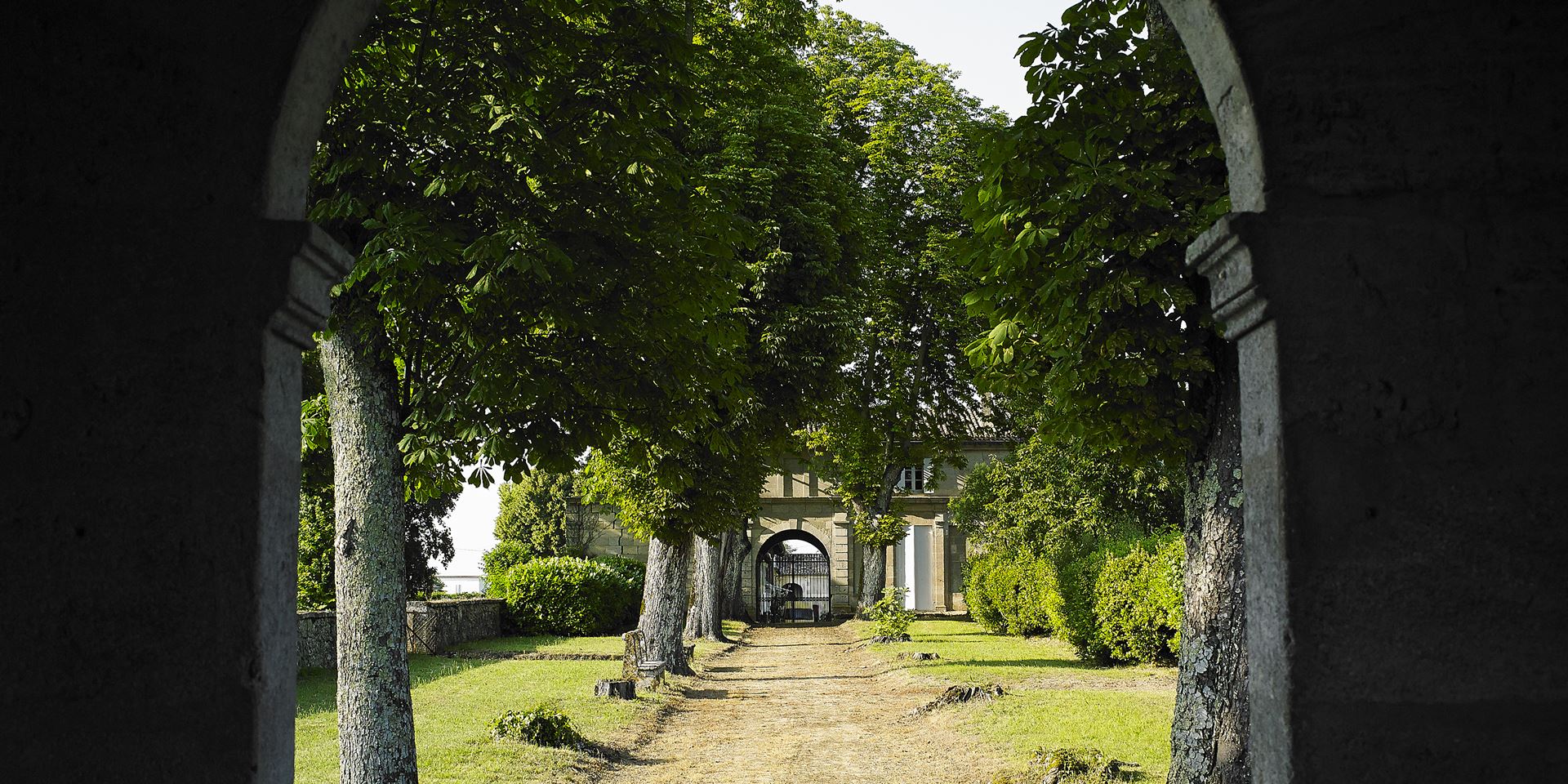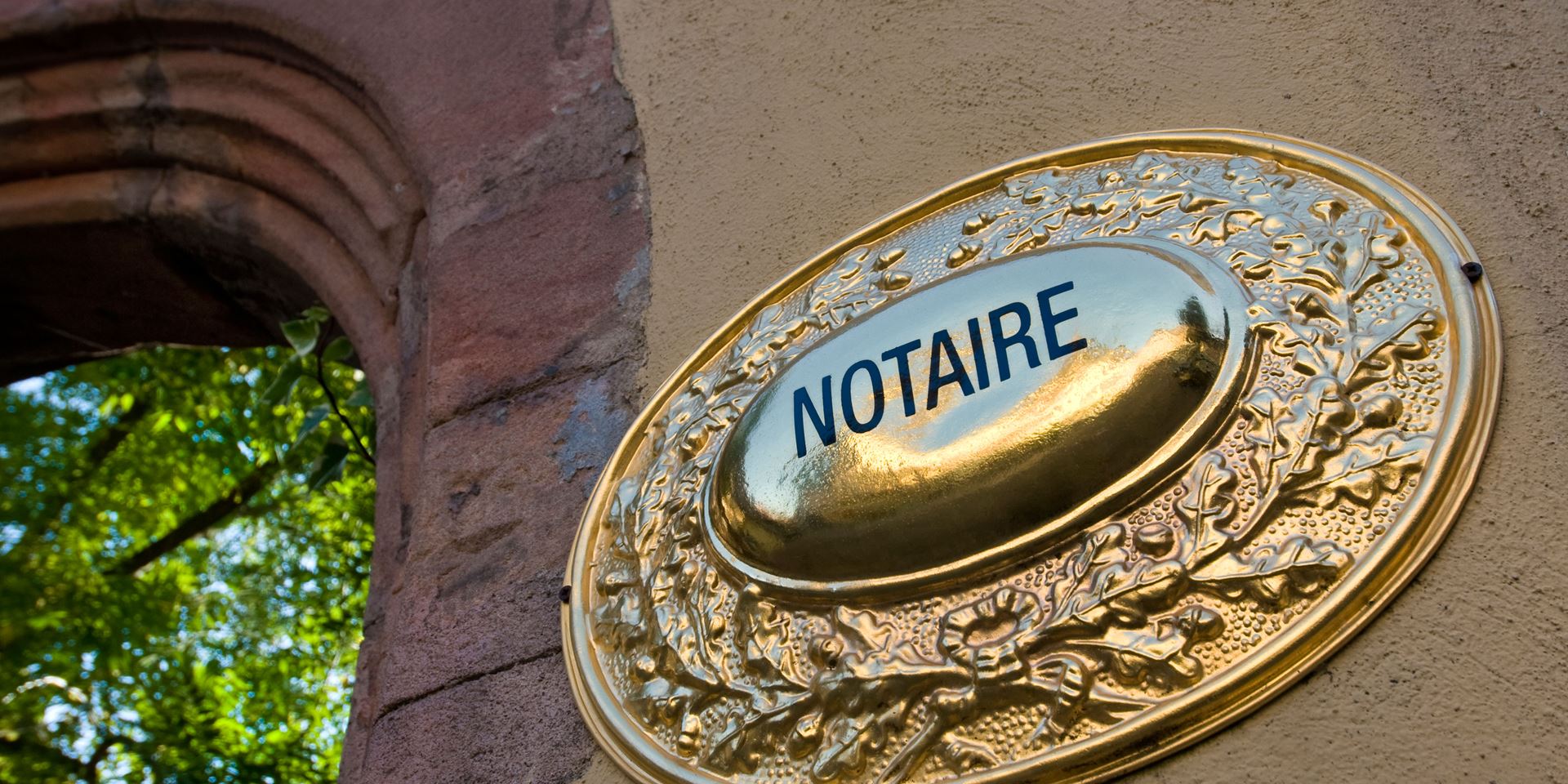BUYING A PROPERTY
Bordeaux & Beyond’s extensive experience of the property market in the South West of France enables us to identify your perfect property match. And thanks to our comprehensive service to buyers, we will make sure your property purchase runs smoothly, taking care of every last detail.
We will:
If you are buying as a couple, with other family members or perhaps with friends it's good to have an understanding of what everyone's expectations are of your new home. You may not necessarily agree 100% with each other, but having an initial discussion now, will save you time later. We have put together some key points for consideration below.
The first stage in any property search is to try and establish what you are looking for. We have put together a number of questions for you to ask yourself to help you make this decision:
Once you have organised your initial thoughts bear in mind that a certain amount of flexibility may be required. Buyers often start off with a settled idea then fall in love with something quite different. This is part of the journey.

The buying process varies from country to country and this may be the first time that you have bought a property in France. You can be reassured that the process is very straightforward and relatively simple, but there are key moments in any transaction that you should be prepared for. The milestones of buying a property in France are highlighted below.
Once you have visited with Bordeaux & Beyond and found the perfect property for you, we will provide you with all the relevant information including diagnostic reports, drainage dossiers and cadastral plan to allow you to make a considered offer. We will then guide and assist you through the negotiation.
Once your offer has been accepted your agent will ask you to sign a letter of intention or a promesse d'achat. This is a document that is not legally binding, for the buyer, but it does engage the seller. The document will outline your details, the address and description of the property, the name of the owner and the price that you are prepared to pay. It will also specify if you are purchasing the property with cash or if you require a loan.
Your agent will collate the information necessary for the Notaire to draw up the compromis de vente or the sous seing privé. You will be requested to complete a form which provides your date and place of birth, full name, current address etc. You will also need to send a copy of your passport/identification card. This information along with the diagnostics report for the property, the drainage report and cadastral plan will be send to the Notaire.
French law dictates that all property transactions MUST be overseen and quite literally rubber-stamped by a Notaire, who amongst other things draws up the title deeds.
A Notaire is a legally trained representative of the French government, and their role includes:
Your notaire is also responsible for ensuring that you fully understand every part of the purchase process and the sales contracts. They have the authority to appoint an accredited translator to be present during the two signings. This will be at your charge and will be your opportunity to gain the necessary reassurance on your acquisition in France. The cost for this service may vary, but a guide price is 200€ per hour.

This is the first contract in the purchase process that is signed by all parties. The conditions of sale are all included in this document and it is legally binding on all parties. You may be unable to travel to France to sign this initial document, in which case you will be able to sign by procuration/power of attorney. The Notaire will insist that this document is signed in the presence of a solicitor/notary in the UK to authenticate your signature. The contract is usually valid for a period of three months unless otherwise stated.
Once all parties have signed the compromis de vente there is a cooling off period of 10 days. During this time the buyer is able to withdraw from the purchase with no penalty.
A deposit of 10% is usually required by the Notaire but it can vary with consent from all parties. A date will be set by the Notaire by which time they will need to receive the deposit. If you do not send the deposit the contract will be null and void.
These are a list of clauses that are inserted to protect the buyer. The most usual is to enable to buyer to obtain a mortgage, however there are others that relate to division of land or planning requirements. If a clause suspensive is not fulfilled then you are not obliged to buy the property.
As the compromis de vente is a legally binding document there are consequences if one party decides that they wish to withdraw after the cooling off period. If this is the case, there is a standard clause of 10% of the price that is payable to either party. However, both parties reserve the right to take their case to court in order to force the sale if they wish.
This is the final contract which is signed on the day that the buyer takes ownership of the property. By this date the seller will need to have emptied the property of his possessions and the buyer will have to ensure that the funds are lodged with the Notaire. It is usual to visit the property prior to the final signing of the acte authentique to verify all is in order. If the seller is unable to attend the final signing they will be able to sign by procuration. However, if you are buying the property with a mortgage some banks require you to be present for the final signature.
Up until this point, your focus has been on finding and securing your new home. However, if this is the first time that you have owned a property in France, why not read our guide to owning a property in France. The guide will highlight a few of the responsibilities that you have as a new home owner in France.
Ce site utilise Google Analytics. Nous autorisez-vous à déposer un cookie à des fins de mesure d'audience ? En savoir plus